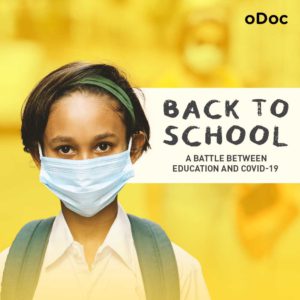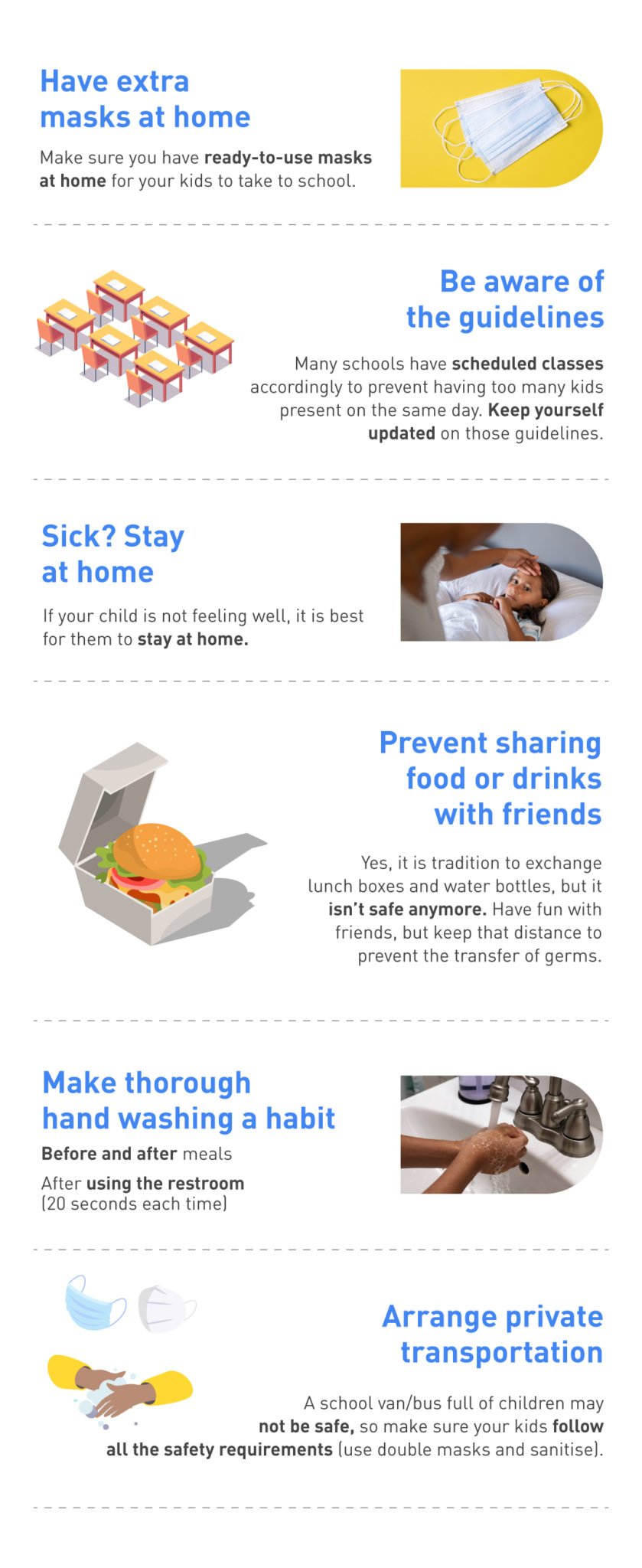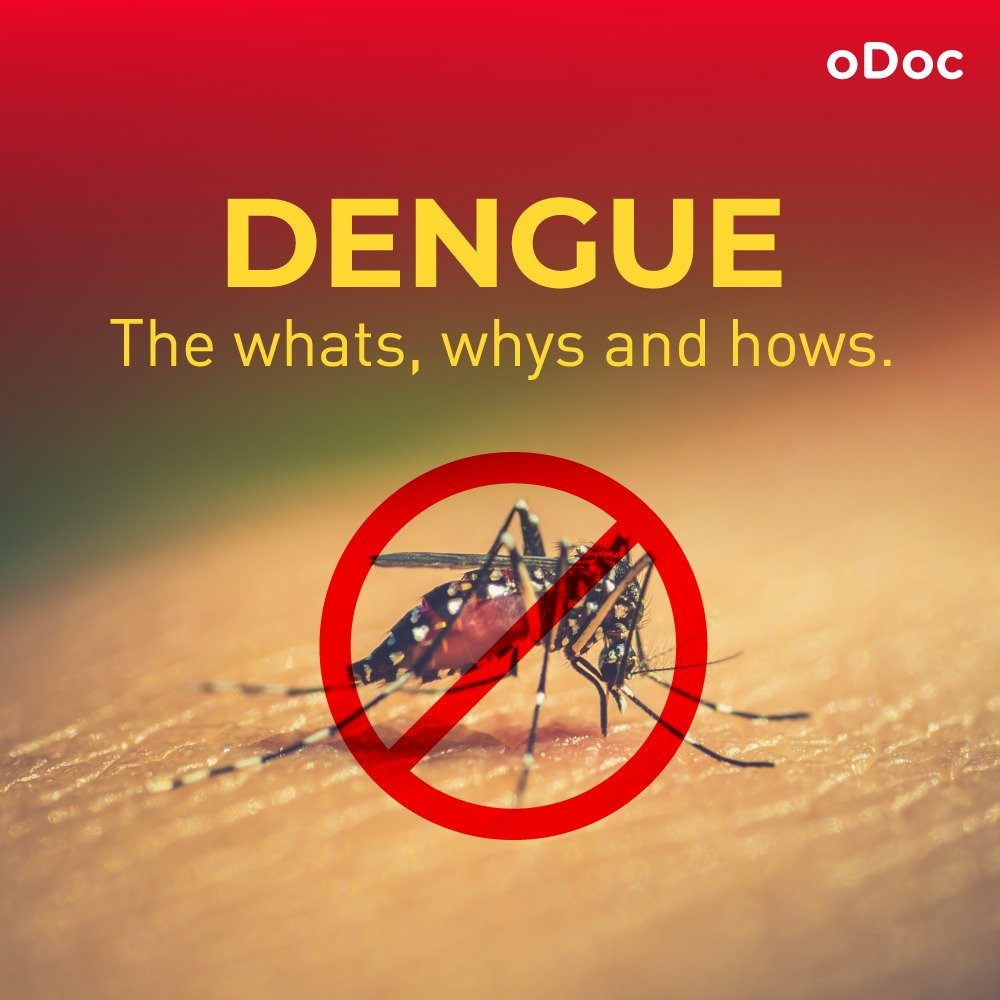Post Views: 9,882
Post Views: 9,882
Similar Articles...

Let’s talk flu, its prevention and home remedies.
ஐப்பசி 6, 2022
Boo-ger season is here! Let’s begin by defining flu (short term for influenza) because it’s usually misunderstood as fever or cold. Flu is a common

What’s The Deal With COVID19 Boosters?
கார்த்திகை 11, 2021
As Sri Lanka rolls out its COVID19 booster program, we break down the answers to your most pressing questions. Firstly, what is a booster? A

Back to School – A Battle Between Education and COVID-19
ஐப்பசி 29, 2021
Back to School – A Battle Between Education and COVID-19 Students are finally returning to school. But as parents, many are worried about COVID-19 safety.




